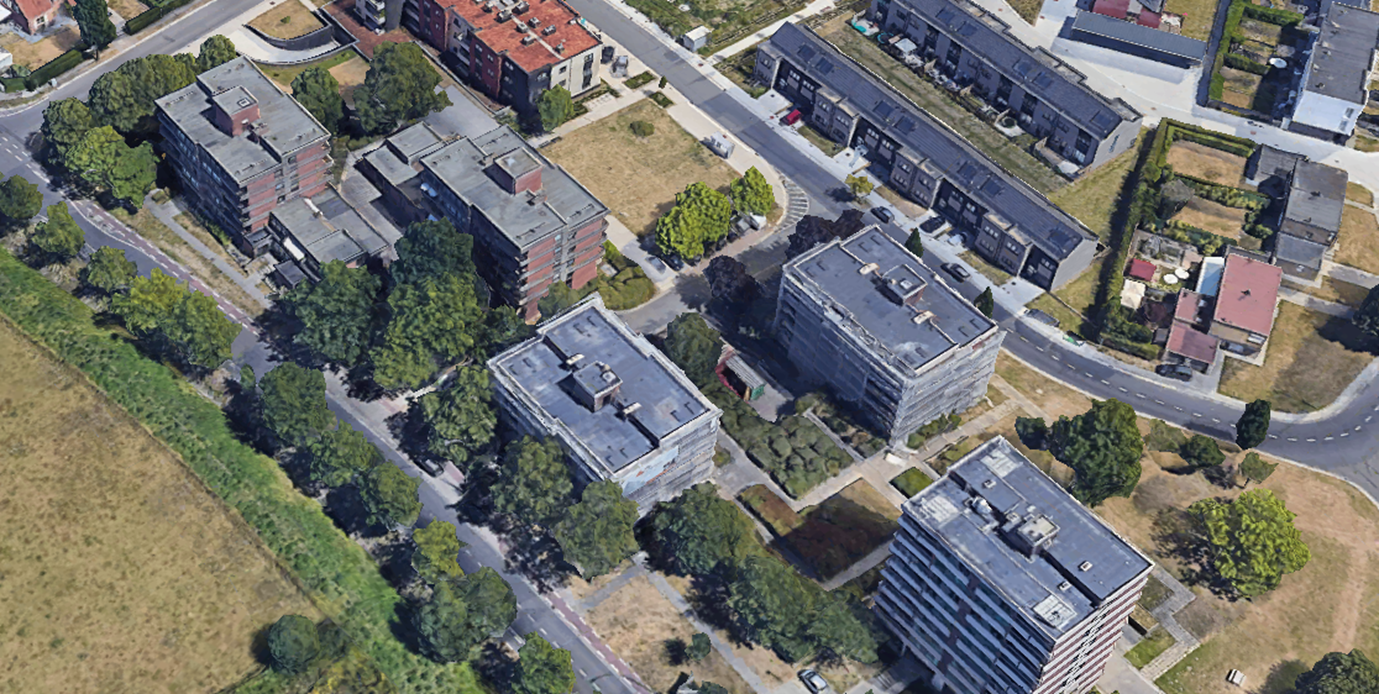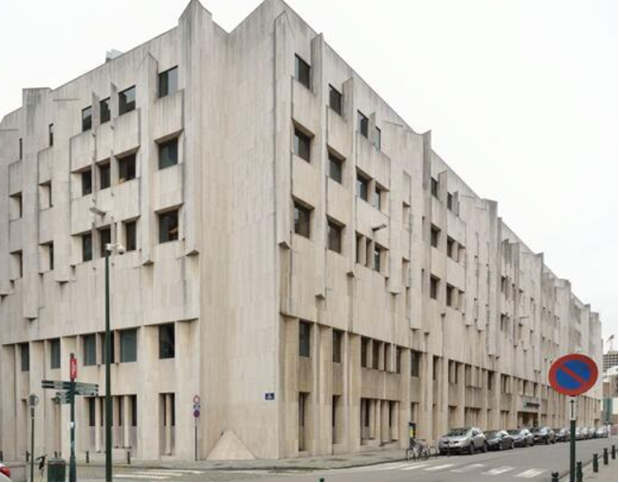Project ACCESS: Parking Keerdok City of Mechelen
Europe is moving towards more sustainable, decentralized and digital energy networks. The City of Mechelen also wants to respond to this transition and coordinate the generation and storage of renewable energy locally. In doing so, however, the stability of the public electricity grid must not be compromised. With Parking Keerdok, the city is participating in the European Interreg project ACCESS: Advancing Communities towards low-Carbon Energy Smart Systems.
Client
City of Mechelen
Location
Mechelen
Charging infrastructure and energy management designer
Ingenium
Budget
approx. €61,000 (excl. VAT)
Period of study
November 2021
Period of implementation
Completion April 2023.
Copyright photos and images
City of Mechelen
Project ACCESS: Parking Keerdok City of Mechelen
Europe is moving towards more sustainable, decentralized and digital energy networks. The City of Mechelen also wants to respond to this transition and coordinate the generation and storage of renewable energy locally. In doing so, however, the stability of the public electricity grid must not be compromised. With Parking Keerdok, the city is participating in the European Interreg project ACCESS: Advancing Communities towards low-Carbon Energy Smart Systems.
Parking Keerdok is located along the N16 and houses, in addition to 516 public parking spaces for cars and ample bicycle parking, the offices for Voka Mechelen-Kempen and a Louis Delhaize supermarket, among others. The building is a paragon of sustainability, with geothermal energy for space heating and a PV installation on the roof of 170 kW peak.
For this project, Ingenium sought a third-party provider to build, self-invest and operate the charging infrastructure.

AC charging poles
The building can use electricity from various sources: renewable energy through the PV installation, recovery of energy from already charged (partial) cars or purchase from the public electricity grid. Operator Energytix has a dynamic energy contract. In addition, the consumption of all AC charging poles are controlled and shifted over time to times when a lot of renewable energy is available locally and externally. This is also a very effective large-scale form of virtual storage with a very low cost.
In order to always make the most advantageous choice (in terms of both sustainability and economy) in all - and constantly changing - circumstances, a high-performance energy management system is necessary. For example, cars at the charging stations will automatically charge slower when there is no energy from the sun or wind available, or V2G is applied when many other cars need to be charged. Energy sharing allows surplus renewable energy to be shared with other site users who have no surplus at that time. This can come in handy when the Voka offices are closed on weekends but the fridges in the Delhaize need to stay cold and many shoppers want to charge their cars in the parking lot.
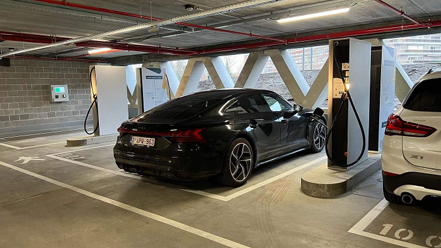
Economically reproducible concept
The project is a great example of creating a socially relevant positive impact as sustainably as possible together with all stakeholders involved at the site.
We proposed a scalable and also economically reproducible concept, taking into account the interests of all building users. After all, it is the goal of the City of Mechelen to further replicate and scale up this innovative pilot to other urban development projects in the City of Mechelen as well as inspire other cities and towns in Flanders and Europe. An economically replicable project means implementing innovative solutions that produce renewable energy at the lowest possible cost and maximize sustainable mobility to the benefit of various groups of users. A cost-effective system strives to reduce the energy required by making it controllable.
The smart steering system enables:
- Investments in electrical infrastructure are limited (both internal grid and external grid). In this way, we make sustainable use of scarce raw materials (e.g. copper).
- Energy consumed when much local renewable energy is available
- Energy consumed when much external renewable energy is available on the Belgian and, by extension, European electricity grid
- Energy surpluses are shared through energy shares with other users in the building. This also creates support and connection.
The following innovative technologies and techniques were used for this purpose:
- High Voltage Cabin incl. 800 kVA transformer for the purpose of charging infrastructure:
- 2 DC supercharges (250kW)
- 20 controllable AC chargers
- 2V2 steerable charging stations for car-sharing vehicles
- Smart energy management system Energytix
- PV installation of 172 kWp (equivalent to the energy consumption of about 50 Mechelen families)
- Solar-powered locker cabinets for safely charging batteries of electric two-wheelers.
Furthermore, this parking building is sustainably designed with attention to circularity. Certain floors can change function (e.g. from parking spaces to office spaces) and thus easily respond to evolutions in mobility. The concept that maximizes renewable energy strives for low-cost electric mobility, accessible to all. Extra attention was also paid to safety.
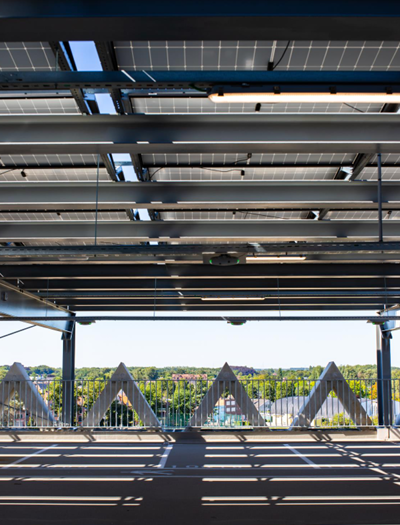
Also bitten by
smart technology?
Come push boundaries with us and help make a difference in our industry-leading projects.

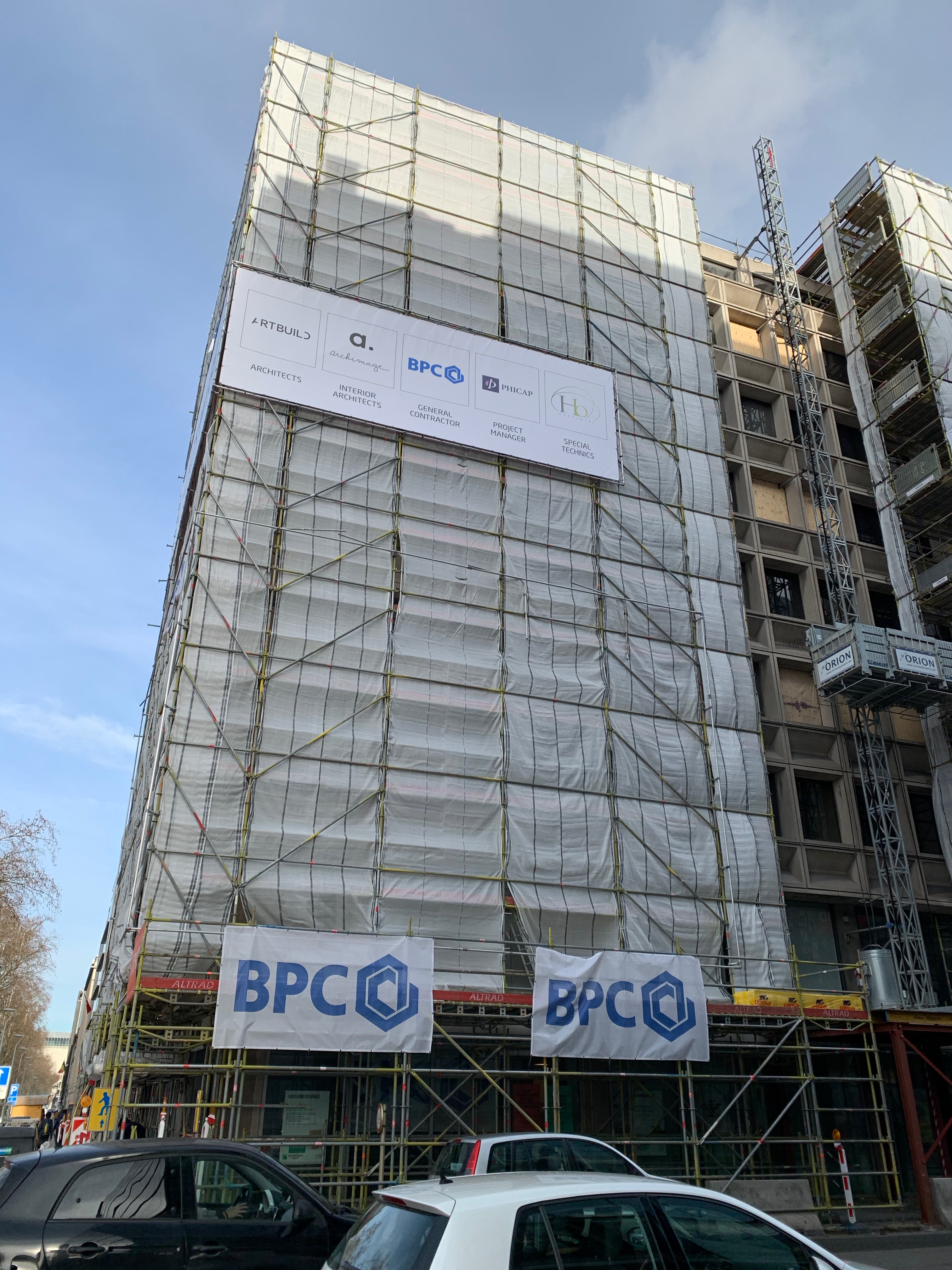

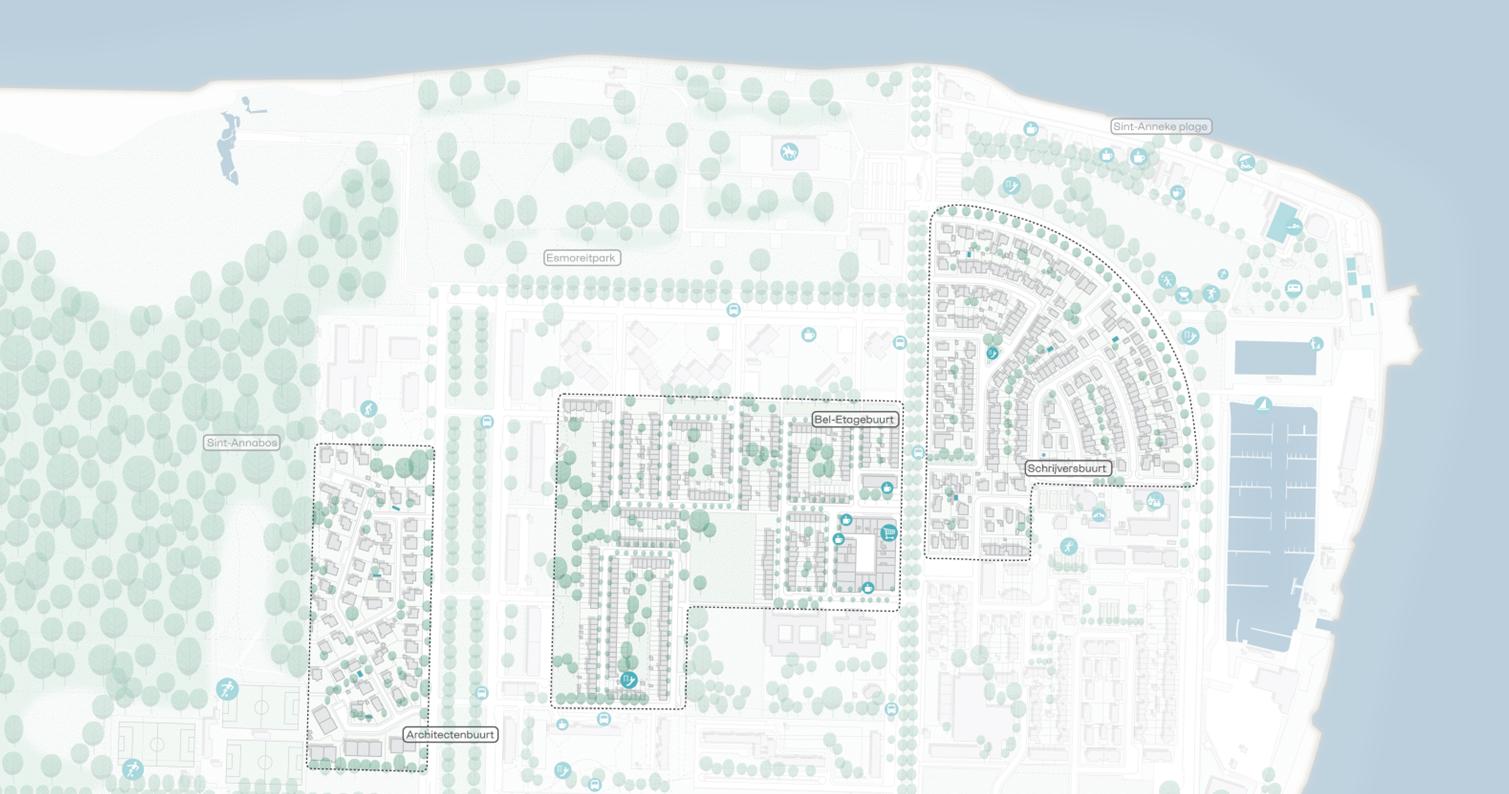
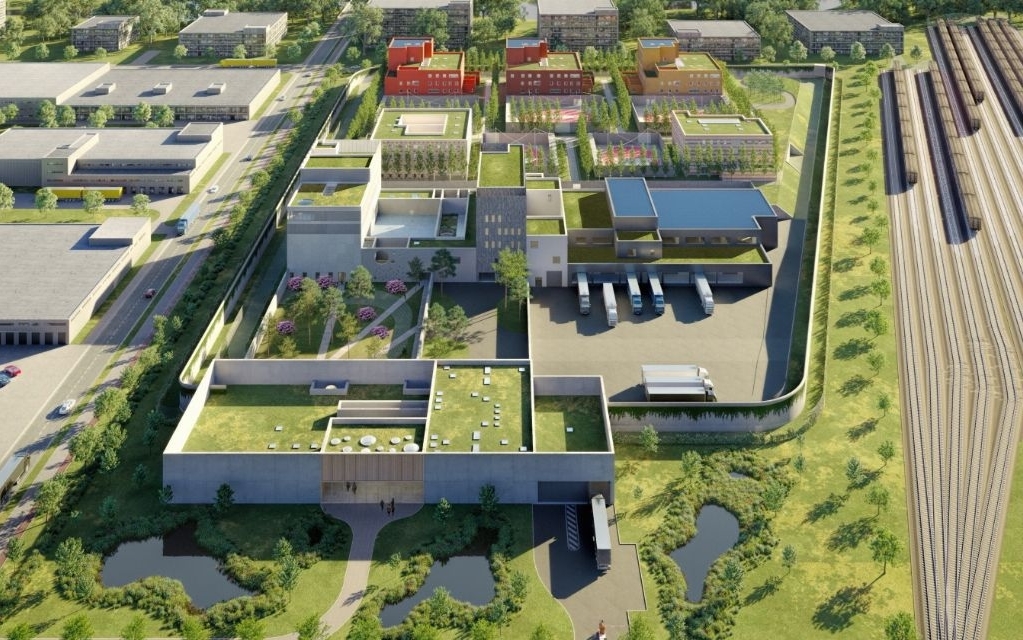
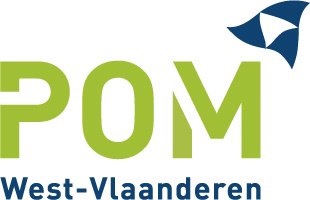

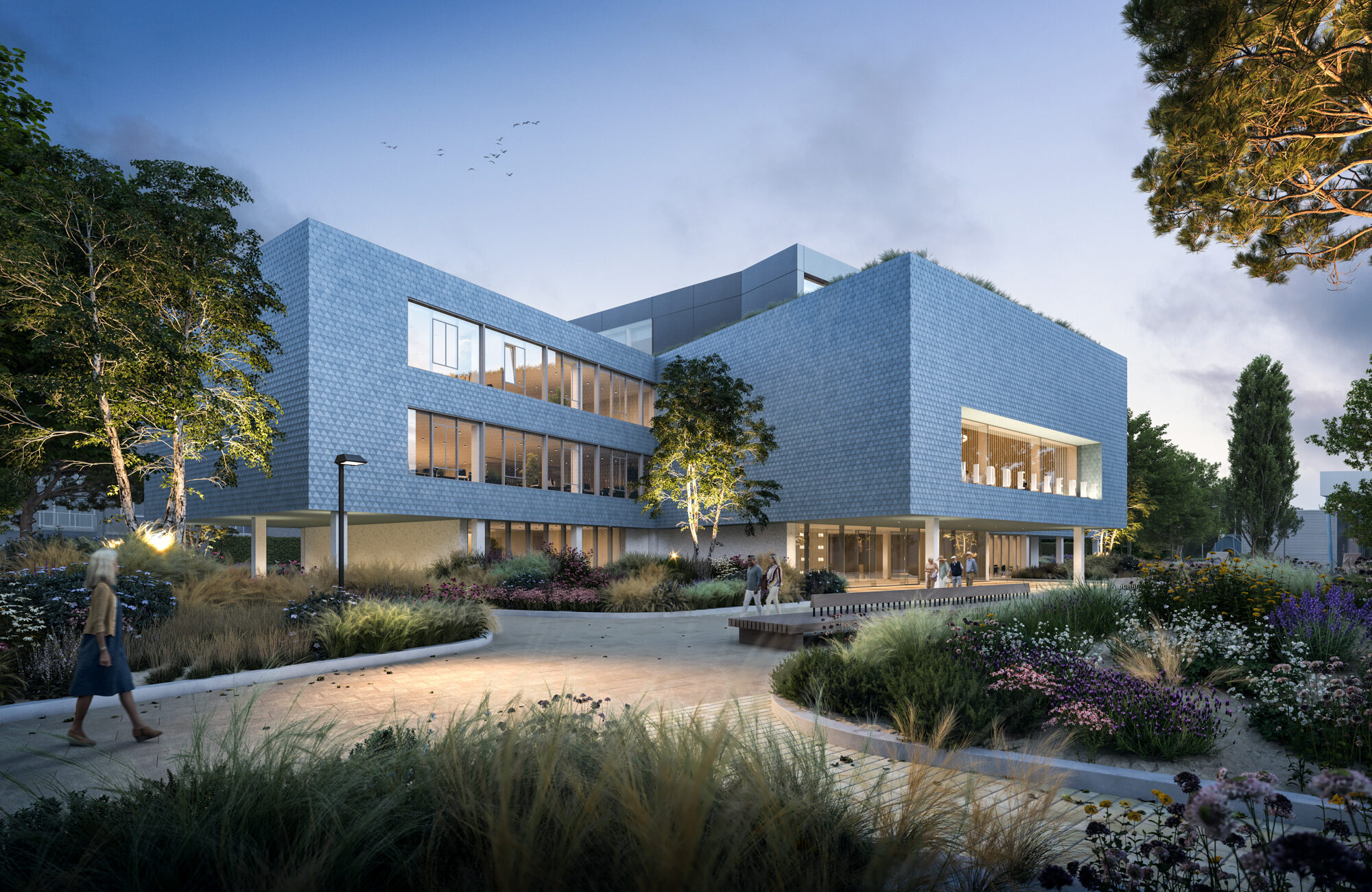
.png)
